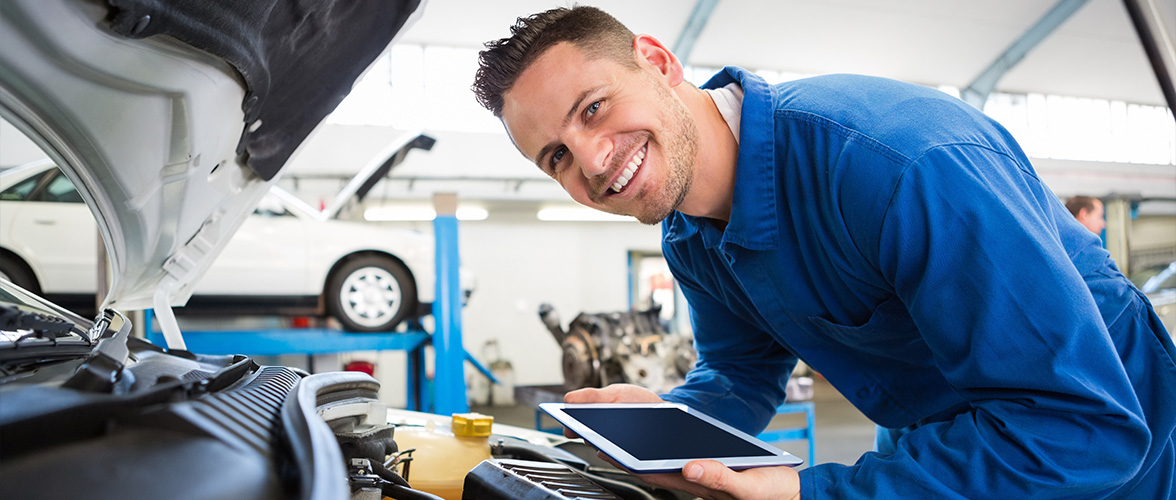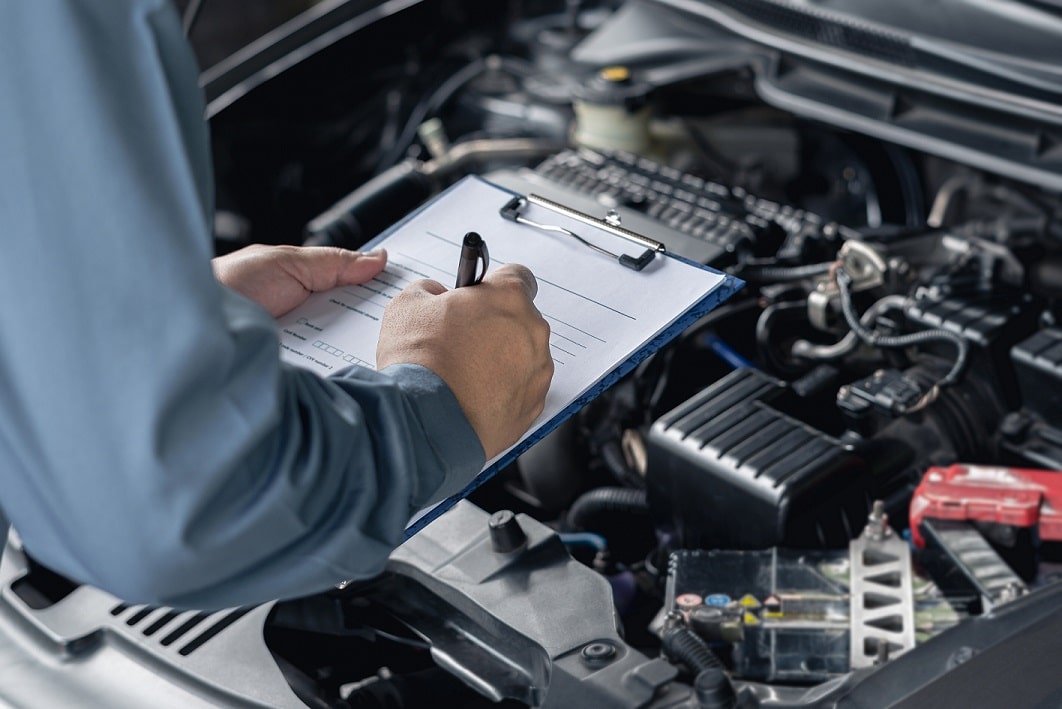All Categories
Featured
When your vehicle experiences a major malfunction, the price of fixings can be an overwhelming economic factor to consider. Whether it's the failing of an essential system like the engine or transmission, or the need for considerable repair services to numerous elements, understanding the elements that affect repair work costs can aid you make even more educated decisions. Listed below, we lay out the vital elements that contribute to the expense of significant vehicle fixings.
![]()
![]()
![]()
Final thought. A number of elements influence the cost of major car repair work, including the type of fixing, the make and design of your automobile, the quality of the components made use of, labor costs, and the extent of the damages. Recognizing these factors can help you make more informed choices and plan for the financial effects of car repair work.

- Sort of Repair work. The main variable affecting the expense of auto repairs is the type of issue your car is experiencing. Specific systems in an auto, like the engine or transmission, call for more time to fix and detect, which straight converts into greater labor costs.
- Automobile Make and Model. The make and version of your car plays a major role in figuring out repair costs. Luxury automobiles and high-performance vehicles like BMWs, Audis, or Mercedes-Benz often tend to have higher fixing prices because of their specialized components, progressed technology, and the competence needed for their repair service.

- Components Top Quality and Accessibility. The high quality of the components made use of in the repair service significantly affects the expense. Initial Tools Producer (OEM) components are commonly much more pricey than aftermarket components since they are designed especially for your car and are guaranteed to meet manufacturing facility standards. While OEM parts guarantee quality and longevity, they often include a higher price. Conversely, aftermarket components may be more economical however can vary in top quality. In many cases, less costly aftermarket components may decrease the general repair work price, yet they may not supply the same durability as OEM parts, which could result in extra repair services down the road. The accessibility of parts, especially for older or unusual lorries, can likewise impact the expense. If components are hard to find, it may take longer to finish the fixing, bring about higher labor expenses.
- Labor Expenses. Some repair services, such as engine overhauls or transmission solutions, may call for several hours or even days of labor, significantly raising the overall cost. Labor rates likewise depend on the location of the fixing shop-- mechanics in city areas or high-demand areas might bill greater prices due to the cost of living and overhead.
- Extent of the Damages. The level of the damages is one more critical aspect affecting repair costs. If the damage is constrained to one part of the automobile, such as a damaged alternator or malfunctioning brake pads, the repair service will usually be less costly. However, if the issue is more serious and affects multiple systems, such as a transmission failing that additionally harms various other elements, the expense will certainly increase. Considerable damage may additionally call for the replacement of a number of parts, which boosts both the price of parts and labor.
- Automobile Age and Condition. The age and general problem of your lorry play a substantial duty in the cost of repair work. Older vehicles are more most likely to experience wear and tear, leading to more regular and possibly more expensive fixings. As vehicles age, particular parts, such as the suspension or exhaust system, might become more susceptible to failing. In addition, finding parts for older versions can be costly and challenging, particularly if the producer no more creates those parts. Properly maintained lorries often tend to have lower fixing costs since their systems remain in better functioning problem, calling for fewer and more economical repair work.
- Shop Area and Reputation. The repair work shop you pick can additionally affect the expense of your repairs. Furthermore, repair shops that specialize in specific brand names or types of repairs might charge much more for their experience.

- Warranty and Insurance Policy Protection. If your auto is still under service warranty, significant repair work might be covered, which can considerably lower your out-of-pocket expenses. Some extended guarantees or solution agreements might likewise give insurance coverage for particular kinds of fixings, like engine or transmission failure. Additionally, if the damage is triggered by a mishap or external aspect, your vehicle insurance policy could cover the repair work expenses, much less any kind of insurance deductible. Constantly contact your warranty carrier or insurer to see if the concern is covered, as this can conserve you a substantial amount of money.
Final thought. A number of elements influence the cost of major car repair work, including the type of fixing, the make and design of your automobile, the quality of the components made use of, labor costs, and the extent of the damages. Recognizing these factors can help you make more informed choices and plan for the financial effects of car repair work.
Latest Posts
Selecting the Right Venue: What to Think about for Wedding Celebrations, Seminars, and Occasions
Published en
1 min read
The Boogaloo Sports Bar & Grill at FunCity Resort Resort: Where Fun Fulfills Taste
Published en
1 min read
Custom Ornamental Iron Gates: What You Need to Know
Published en
2 min read
More
Latest Posts
Selecting the Right Venue: What to Think about for Wedding Celebrations, Seminars, and Occasions
Published Mar 23, 25
1 min read
The Boogaloo Sports Bar & Grill at FunCity Resort Resort: Where Fun Fulfills Taste
Published Feb 13, 25
1 min read
Custom Ornamental Iron Gates: What You Need to Know
Published Feb 08, 25
2 min read